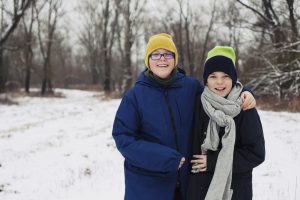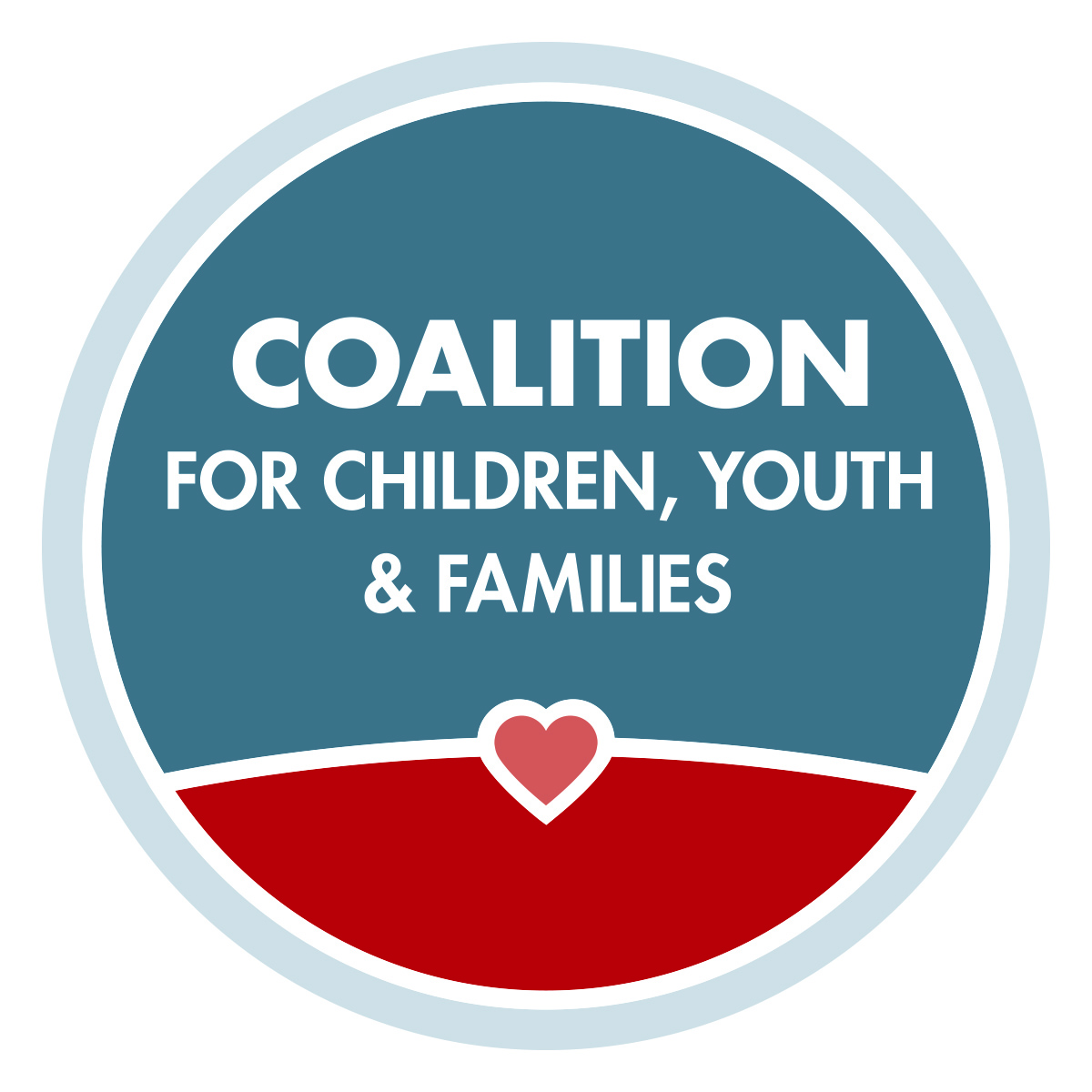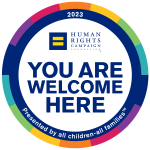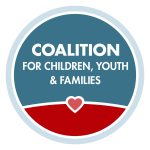
In our last issue, a foster and adoptive mom shared a story about when she and her husband met their first son. In this issue, she continues her family story.
“When we heard the brother of our foster son was going to need a new home, we knew we wanted to offer him a home with us. He was 17 years old, and the school year would be starting in two weeks. Since we knew he would need to change school districts, everything moved at lightning speed. The first week was a whirlwind of placement orders, school registration and a building tour, IEP meetings, and decorating his new bedroom. Everything was all set. We were ready. He was ready. We just needed to pick him up and bring him home.
“Michael moved in the Tuesday before the start of school. As we loaded the last box in the back of the car, his foster mom (at the time) very warmly handed me a book about Asperger’s syndrome and said, ‘You may need this. His therapist encouraged me to read it.’ I thanked her, accepted the book, walked around the side of the car, and slid into my seat. I tipped the book into my husband’s view. We locked eyes, silently saying to each other, How is this the first we are hearing about this?

“As the months progressed and we got to know our new foster son, we started talking about Asperger’s. His therapist was adamant that we needed to get him diagnosed. Michael was adamant that he did not have Asperger’s. We read through the book together with him. And honestly, we could see where the therapist was coming from. Still, we could also understand Michael’s sincere belief that this did not describe him.
“A while later, I learned about and watched the Coalition’s webinar Strategies for Challenging Behaviors. In it, the presenter started talking about the fetal alcohol spectrum. And as she described it, a light went on. Tears started filling my eyes. She was describing my Michael. I shared this with my husband, and we dove into studying more and more about Fetal Alcohol Spectrum Disorder (FASD). The more we learned, the more we understood Michael’s behaviors and the more we knew how to meet his needs.
“This was only one of the many times we turned to the Coalition for information and support. They have been there for us on the toughest days and for the small victories. We know we can trust them to have what we need. Information, connections to other families like ours, and a supportive listening ear when we lose confidence or feel defeated.
“We never did get an official diagnosis. It is hard to do at his age and without his birth parent’s willingness to disclose information about herself. But that is okay. We are forever grateful for the things we have learned from the Coalition. We are forever thankful that we found what works for him. And we are proud of the young man he has become.”



